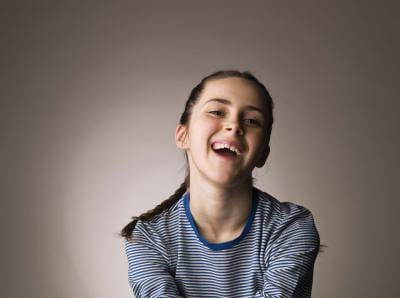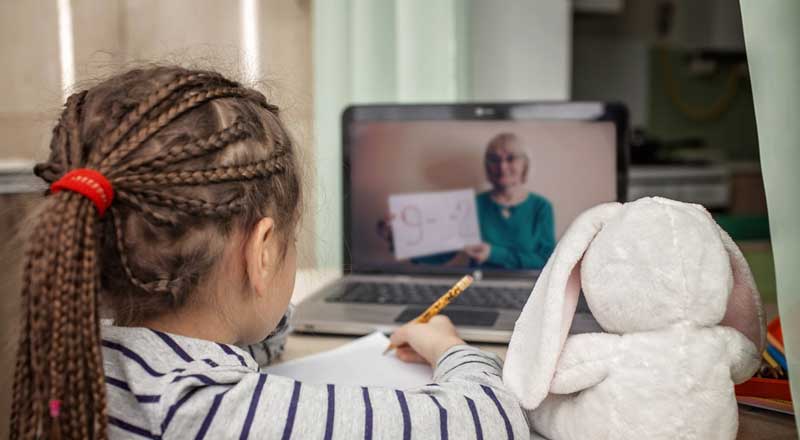As your child enters her preteen years, a brand new flood of hormones cause physical changes, as well as a whole new set of problems — body odor, oily hair and acne, to name a few. Good personal hygiene is essential for the tween who’s socially engaged and self-assured. Personal hygiene isn’t simply about cleanliness or physical attractiveness; the tween who makes it a habit to bathe every day and use antiperspirant shows consideration for others who share the same space.
Bye-Bye, Body Odor
During puberty, the sweat glands under the arms, around the genitals and on the feet activate, explains KidsHealth, a service of Nemours Foundation. The smell of this sweat is quite pungent, making a daily shower or bath a must. Soap and warm water get rid of bacteria that contribute to body odor. But now’s also the time when your tween needs to learn about the benefits of deodorant and antiperspirant. There’s a difference between the two: Deodorants are typically alcohol-based and reduce the number of bacteria on the skin’s surface — or, alternately, they may use fragrances to mask body odor. Antiperspirant contains aluminum-based compounds that temporarily block the pores, reducing the amount of sweat that reaches the skin’s surface.
So Long, Smelly Feet
Stronger foot odor is yet another emerging problem with which your tween has to contend. Remind your tween to wash well between his toes when he bathes. A sprinkling of foot powder can be helpful; MayoClinic.com indicates that antiperspirant can also be applied to the soles of the feet at night. Make sure your child has a supply of clean socks — those made of natural fabrics such as cotton or wool are best. Combat smelly shoes by having your tween rotate his footwear. This gives sweat-saturated sneakers a chance to thoroughly air out and dry.
Pimple Patrol
The same hormones responsible for body odor also cause your tween’s skin to secrete excess oil, which in turn leads to acne. Pimples aren’t threatening to your child’s health, but they can make her want to curl up and die. According to the American Academy of Dermatology, or AAD, acne can affect your child’s self-esteem and make her socially withdrawn. The AAD recommends face washing with mild soap and warm water at least twice a day — in the morning and evening — or any time after your child sweats, such as after gym class. Over-the-counter topical acne medications can treat mild cases of acne. MayoClinic.com recommends using those that contain benzoyl peroxide. However, more troublesome cases of acne — particularly deep, painful cysts and nodules — necessitate a dermatologist’s intervention. These lesions are more likely to rupture and leave your child with severe scarring.
Terrific Tresses
An oily face often goes hand in hand with an oily scalp. Your tween may need to bump up shampooing to every other day, or even every day to get oily hair under control, so put a shampoo and conditioner formulated for oily hair on your drugstore checklist. Oily hair can contribute to acne along the hairline. However, according to MayoClinic.com, oily hair can lead to yet another aesthetic problem that makes your tween less socially acceptable among his peers: dandruff.





